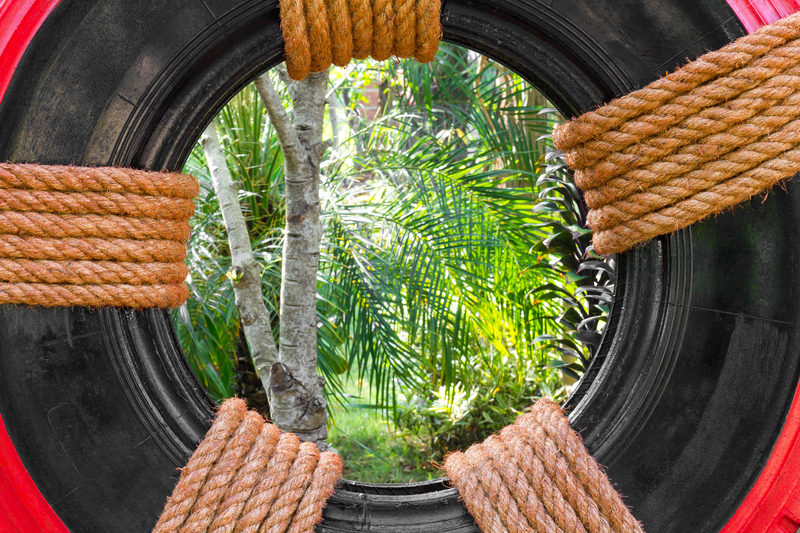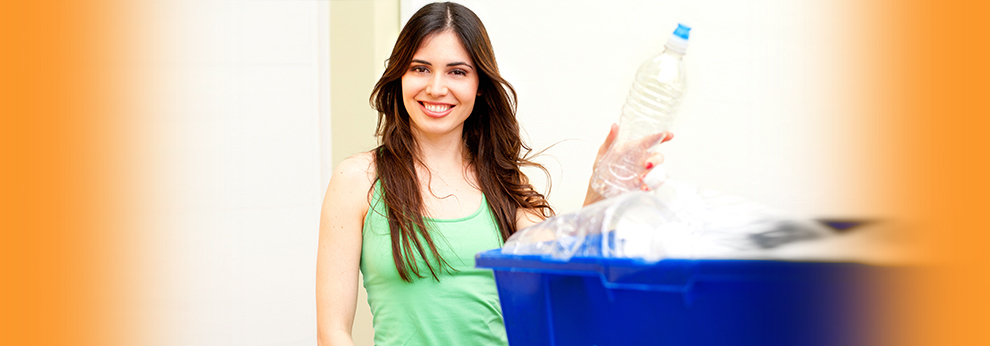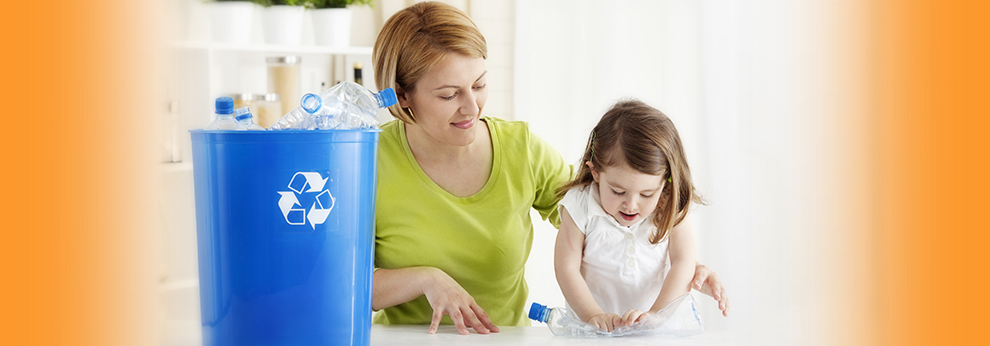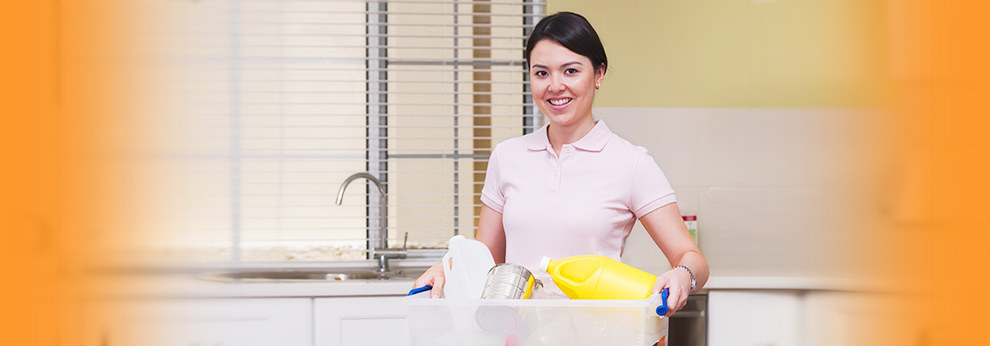Find Calm: Embrace De-cluttering for Stress Relief
Posted on 10/09/2025
Find Calm: Embrace De-cluttering for Stress Relief
Stress is an almost inevitable part of modern life. From work deadlines to overflowing inboxes and never-ending to-do lists, it sometimes feels as if peace is just out of reach. Yet, many of us overlook one simple, powerful way to reclaim tranquility – de-cluttering our spaces. By embracing the art of clearing out physical and mental clutter, we can find calm and improve our overall well-being. In this comprehensive guide, you'll discover why de-cluttering is crucial for stress relief, as well as practical methods to transform your environment and mindset for lasting serenity.

Understanding the Connection Between Clutter and Stress
Why Does Clutter Cause Stress?
Clutter represents more than just objects that take up space. Studies have shown that disorganized environments can increase anxiety levels, reduce focus, and even impact sleep. A chaotic home or workspace can serve as a constant, low-level background annoyance, signaling to our brains that there’s always something left unfinished. In other words, clutter is more than a visual disturbance – it weighs on our minds, elevating stress hormones and making it harder to relax.
- Visual Overstimulation: Too many items within sight can overload our senses, increasing mental fatigue.
- Decision Fatigue: Clutter forces us to make more micro-decisions daily, such as where to place items or how to locate them.
- Reduced Productivity: An unorganized space leads to wasted time searching for essentials, increasing frustration.
The Psychological Impact of Clutter
According to the Journal of Environmental Psychology, individuals who describe their homes as cluttered or chaotic tend to be more fatigued and depressed compared to those who describe their homes as restful. Messy environments can trigger feelings of guilt, shame, or embarrassment—all of which compound stress levels.
The Transformative Benefits of Decluttering for Calm and Stress Relief
1. Enhanced Focus and Productivity
Once clutter is reduced, your mind can focus on what truly matters, whether it’s work, creativity, or relaxation. This minimized distraction boosts efficiency and creates a sense of accomplishment, directly defusing stress triggers.
2. Improved Mood and Well-being
De-cluttering releases tension and creates visual harmony. Many people report feeling "lighter" and more at peace after organizing their environment. Your mind follows your surroundings – when your space is orderly, your thoughts tend to be as well.
3. Better Sleep Quality
It’s easier to unwind and find calm in a tidy bedroom. A peaceful, clutter-free space promotes relaxation before bedtime, allowing you to achieve higher quality sleep and wake up more refreshed.
4. A Sense of Control and Purpose
Tidying up isn’t just about aesthetics. It’s about regaining control in at least one aspect of your life, which can be essential when stress feels overwhelming elsewhere. Each act of organization is a step toward intentionality and thoughtful living.
How to Find Calm Through the Process of Decluttering
Ready to embrace decluttering for stress relief? Here’s a comprehensive, step-by-step approach to transforming both your physical spaces and mental state.
Step 1: Identify Stressful Clutter Zones
- Start Small: Tackle just one area at a time--like your desk, a nightstand, or the kitchen counter. This makes the task less overwhelming.
- Recognize Triggers: Which messes immediately raise your anxiety?
- List areas that disturb your calm the most and prioritize them.
Step 2: Categorize and Sort
- Separate items into categories: Keep, Donate, Discard, or Store elsewhere.
- Be honest about what you use or truly value.
- Let go of guilt-associated items--such as gifts you never liked or belongings from past lifestyles.
Step 3: Organize with Intention
- Invest in smart storage solutions that make items easy to find and put away.
- Designate a specific spot for every frequently used item.
- Use labeling or color coding for increased clarity and orderliness.
Step 4: Establish and Maintain Routines
- Dedicate 10-15 minutes daily to tidying up. This ongoing habit prevents future clutter build-ups.
- Every few months, revisit problem areas and repeat the decluttering process if needed.
- Encourage family members or housemates to join, fostering a shared sense of calm and cooperation.
Step 5: Address Digital Clutter
Modern stress isn’t just triggered by physical mess. Digital clutter--like overflowing email inboxes, unused apps, or countless notification pings--can be just as overwhelming.
- Unsubscribe from unnecessary email lists and notifications.
- Organize files into clearly labeled folders; delete redundant documents and apps.
- Silence non-essential alerts and schedule regular digital detox breaks.
The Mindful Approach to Decluttering
Practice Gratitude and Letting Go
Letting go of possessions isn’t always easy. Practice gratitude to acknowledge their role in your life, and release them intentionally. This mindful decluttering process eases emotional attachment and opens space for new possibilities.
Set Realistic and Compassionate Goals
Perfection isn’t the goal--progress is. Start with manageable tasks and celebrate small victories. Declutter at your own pace to avoid burnout.
Mindful Decluttering Rituals
- Play calming music or light a favorite candle as you tidy.
- Involve senses--such as aromatherapy or gentle touch--to reinforce the positive, relaxing nature of the activity.
- Pause and breathe deeply when you feel overwhelmed.
Creative Strategies to Sustain a Calm, Clutter-Free Environment
Implement the "One In, One Out" Rule
For every new item you bring in, remove another. This prevents accumulation and enforces conscious consumption habits.
Establish No-Clutter Zones
Designate specific areas as permanent clutter-free zones--such as the dining table, bed, or desk. These become your sanctuaries for peace and productivity.
Use Visual Reminders for Calm
- Keep a vision board or calming image in visible areas as a gentle cue to maintain order.
- Display only objects that spark joy or serve a daily function.
Practice Seasonal Decluttering
Every season, review your possessions. Donate clothing, tools, or decor that you haven’t used in the last year. This keeps your environment fresh and prevents latent stress build-up.
Overcoming Common Decluttering Obstacles
"I Don't Have Time"
Even five minutes daily can make a difference. Schedule mini-tidying sessions throughout your week and notice quick wins over time.
"I Might Need It Someday"
- Ask yourself: Have I needed this in the past year?
- If not, set it aside in a "maybe" box. Review it again after a month--if you haven’t reached for the item, it's safe to let go.
"It's Sentimental"
Photograph keepsakes before donating. Keep only a select few sentimental treasures--displayed purposefully--while storing the rest digitally.
De-cluttering for Specific Life Stages
For Busy Professionals
- Declutter your workstation for enhanced productivity.
- Utilize organization apps to streamline workflow and minimize mental clutter.
For Families and Parents
- Involve children in age-appropriate tidying tasks, teaching valuable life skills.
- Label bins for toys, schoolwork, and hobbies for easier maintenance.
For Seniors
- Focus on safety by clearing pathways and minimizing excess items.
- Prioritize items with genuine utility or deep emotional resonance.
The Ripple Effect: How De-cluttering Fosters Calm Beyond the Home
Decluttering doesn’t just benefit your immediate environment. The skills, confidence, and sense of calm gained often extend into other areas of life, such as:
- Improved decision-making capabilities
- Enhanced relationships due to lower stress and reduced irritability
- Greater motivation and inspiration to pursue new projects or passions

Inspiring Declutter Success Stories
Many people have discovered profound stress relief and newfound calm by embracing decluttering:
- Sarah, a busy mother: After organizing her family’s entryway and kitchen, she noticed reduced morning chaos and less tension at breakfast time.
- David, a remote worker: By transforming his home office into a minimal and organized workspace, he boosted his productivity and felt calmer facing daily tasks.
- Tina, a retiree: Downsizing and donating unused items gave her a sense of purpose and created room for hobbies and relaxation.
Embrace Decluttering Today to Find Your Calm
Decluttering is more than a home improvement trend—it is a pathway to greater calm and lower stress. By mindfully clearing your spaces and habits, you empower yourself to live more intentionally, efficiently, and peacefully.
Begin your journey to a clutter-free and serene life today. Start small, stay consistent, and celebrate each step towards greater harmony—both within your home and your heart. The more you embrace decluttering, the easier it becomes to sustain, allowing you to truly find calm in every aspect of your daily experience. Remember, the path to tranquility is often just one drawer, shelf, or old box away.
Take the first step today—your calm and clarity await!





